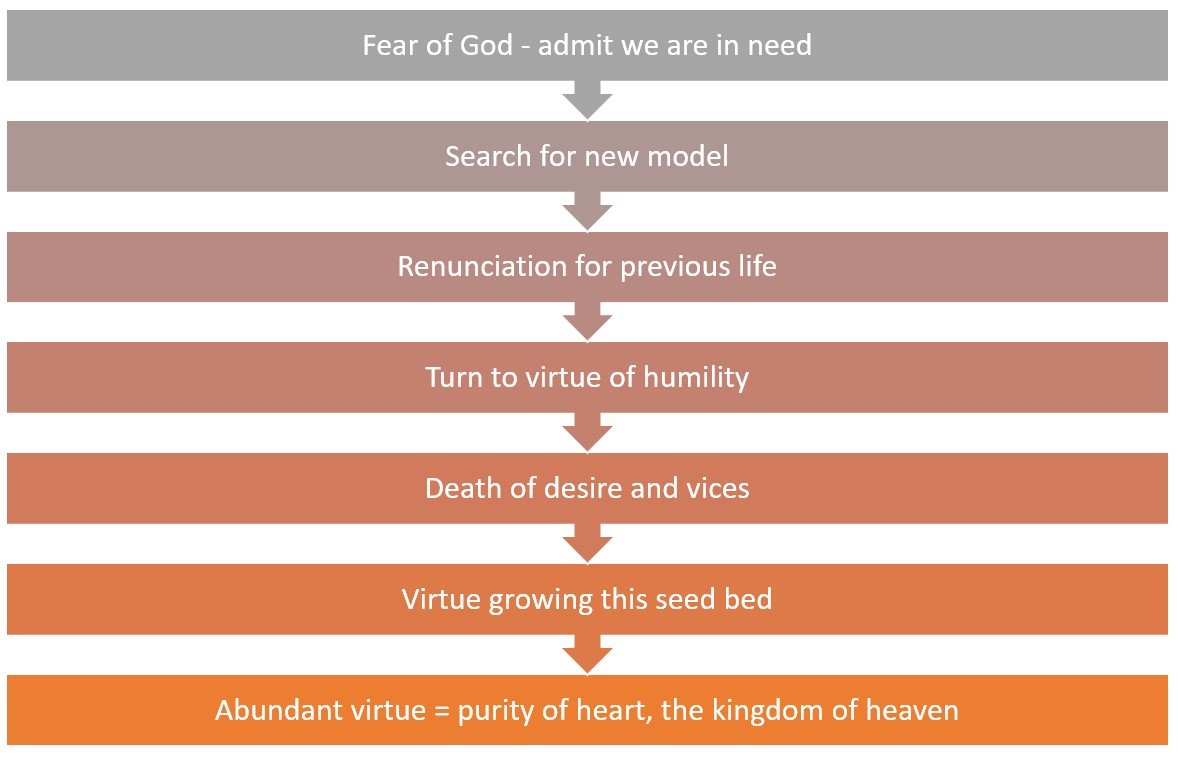Do you remember that time Jesus said to hate your parents? Luke 14: 25-27 reads:
25 Now large crowds were travelling with him; and he turned and said to them, 26‘Whoever comes to me and does not hate father and mother, wife and children, brothers and sisters, yes, and even life itself, cannot be my disciple. 27Whoever does not carry the cross and follow me cannot be my disciple.
Sometimes folks don’t believe that Jesus said this in the Gospels. It seems harsh at best and a violation of the “honor your father and mother” commandment at worst. How could Jesus ask any potential disciple to hate his parents, spouse, family and self?
I am unsure that Jesus is talking about one should hate a specific person so much as Jesus is asking the disciple to hate a system. The ruling family system of Jesus’ day was one called “paterfamilias”. In this system, the oldest living male was the absolute ruler over the family. He could legally exercise autocratic authority over his household. Jesus is demanding that would be disciples hate the “father and mother, wife and children, brothers and sisters, yes, and even life” that affirmed, supported and promoted the paterfamilias system.
Hating a system of abuse, control and enslavement is very much a Jesus thing.
However, notice that Jesus goes on. He says in the next verses:
28For which of you, intending to build a tower, does not first sit down and estimate the cost, to see whether he has enough to complete it? 29Otherwise, when he has laid a foundation and is not able to finish, all who see it will begin to ridicule him, 30saying, “This fellow began to build and was not able to finish.” 31Or what king, going out to wage war against another king, will not sit down first and consider whether he is able with ten thousand to oppose the one who comes against him with twenty thousand? 32If he cannot, then, while the other is still far away, he sends a delegation and asks for the terms of peace.
In these two little parables, Jesus suggests that the mature disciple does not just “hate” a broken system. A mature disciple considers alternative ways of being before they embark on hating the broken system. You can hate what your parents make you for dinner, but unless you are willing to offer alternatives and help cook, then hating the meal is nothing but a tantrum.
And the only thing tantrums are capable of doing are destroying. I think the United States has bore witness to when the tantrums on the extremes act out: denial of reality, conformity culture, rejection of undesired outcomes, silencing of critique and the elevation of nihilism.
Hate the unhealthy, autocratic and enslaving systems. It is easy to tear those systems down. If we want to help usher in the Kingdom of God we have to see the conversion of hearts not just the application of rules. We cannot just decree a new reality with force without also converting the hearts of others. It is insufficient to tear down a tower without considering what will be built in it’s place. It is harmful to declare war on another unless you are able to convert the other to your cause.
The United Methodist Church has a splinter church called the Global Methodist Church that is doing a fine job at tearing down the UMC. At the same time, the GMC is doing a fine job at showing others what they want to build in place of the UMC. The UMC has to get clear on the reality that many people believe the UMC is broken, unhealthy or toxic and they want to tear it all down. And until the leaders in the UMC (myself included) are able to paint a picture of a new reality for the future of the UMC, there will be more stones cast our way.
We have got to be more direct with our ability to articulate how God’s vision for the UMC is not only faithful but vibrant and healthy. We cannot continue to have the generic messages that God loves you or that you are forgiven. These are important messages, but they cannot be the only messages. We have to be able to address what the Bible says vs. what the fundamentalists of different churches say the Bible says. We have to show in word and deed how critical Jesus Christ and the Holy Spirit are to the world and individual lives.
We have to offer alternatives and an imagined reality.




